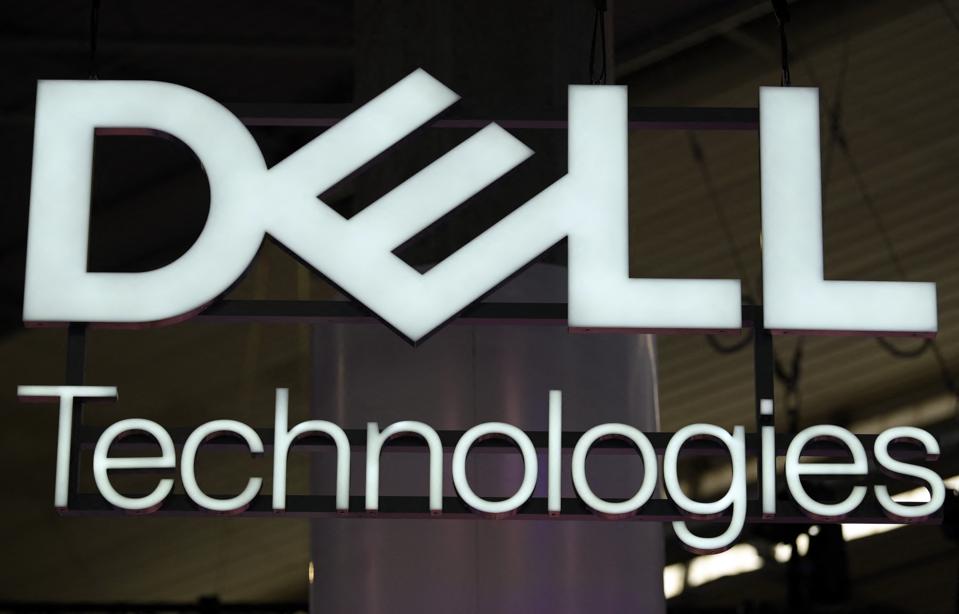First announced at Dell Technologies World in June, Dell Technologies today launched its APEX Cloud Platform for Microsoft Azure. This makes Dell the first partner in Microsoft’s Premier Solutions for Azure Stack HCI category, the latest in a long history of joint innovation between the two companies.
Let’s look at the new Dell APEX Cloud Platform for Azure.
Dell APEX Cloud Platform
Dell designed its APEX Cloud Platforms to address the challenges of managing IT infrastructure in today’s hybrid- and multi-cloud world. The platform delivers fully integrated systems combining Dell infrastructure, software, and cloud stacks to deliver consistent multi-cloud operations, both on-premises and at the edge.
The Dell APEX Cloud Platform focuses on five fundamental principles: choice, consistency, commonality, compatibility, and control. It delivers on these principles while reducing the complexity that faces IT organizations when deploying multi-cloud solutions. APEX helps IT bridge the cloud divide.
When Dell announced its APEX Cloud Platforms earlier this year, it said it would deliver Red Hat OpenShift, VMware, and Microsoft Azure solutions. Today, it delivered its solution for Azure.
Introducing APEX Cloud Platform for Azure
Dell and Microsoft continue their decades-long collaboration and joint innovation history by jointly launching the Dell APEX Cloud Platform for Microsoft Azure, the first offering from the Dell APEX Cloud Platform family. Dell is also the first partner in Microsoft’s new Premier Solutions for Azure Stack HCI category.
The new APEX Cloud Platform for Microsoft Azure integrates on-premises infrastructure with Azure Stack HCI software. This partnership streamlines deployment and ensures ongoing interoperability and updates, reducing the complexity of hybrid cloud operations for IT administrators.
The APEX Cloud Platform for Azure gives administrators full-stack lifecycle management, ensuring infrastructure remains compliant, and includes automated cluster expansion for rapid scalability of on-premises infrastructure.
The platform also introduces specialized nodes for edge computing and expands storage configurations, offering customers flexibility and investment protection over time. Dell aims to help customers extend Azure cloud services to their data center and edge locations while simplifying management and ensuring consistent operations.
The solution offers native integration with Azure Arc, automating deployments and, according to Dell, reducing deployment steps by 88% compared to existing systems. The platform also optimizes the delivery of Azure Kubernetes Service, enforcing consistent security and compliance policies across both on-premises and public cloud Azure environments.
The APEX Cloud Platform for Azure runs Azure Stack HCI v22H2 with Red Hat OpenShift and VMware support. The current version supports HyperV and Dell PowerFlex software-defined storage, not VMware vSphere.
The platform is based on Dell’s hyperconverged MC-760 and MC-660 nodes in 2RU chassis and will soon add a third node type based on the PowerEdge XR4000 edge-optimized server.
The Dell APEX Cloud Platform for Microsoft Azure goes beyond the requirements of Microsoft’s new Premier Solutions category for Azure Stack HCI, offering fast access to new releases and patches within four hours of Microsoft’s release.
Customers and partners have shown strong enthusiasm for this solution, with partners like Kyndryl expanding their solutions to include managed services for the APEX Cloud Platform. Dell tells us that organizations such as LoopUp and Orange Business are excited about the potential of the platform to simplify cloud management, deepen software integration, and provide transformative solutions for their customers.
Analyst’s Take
Since launching it in 2021, Dell Technologies has actively evolved its APEX strategy to keep pace with the rapidly changing needs of its enterprise customers. The introduction of its APEX Cloud Platform earlier this year is another example of this evolution.
Dell tells us its multi-cloud strategy is evolving to meet growing customer demands for more interoperability, choice, and scalability. The Dell APEX platform is designed to cater to various stages of cloud adoption, from public cloud users to those looking to bridge public and on-prem environments. It aims to simplify cloud capabilities in dedicated IT environments, including Microsoft Azure.
There’s no question that the collaboration between Dell and Microsoft will deliver tangible benefits to their joint customer base. Beyond that, the Dell APEX Cloud Platform for Azure is a robust solution, one that will likely force Microsoft’s non-Dell customers to take a fresh look at the company.
Dell developed APEX to simplify the real-world pain that multi-cloud brings to IT organizations. I’m a fan of Dell’s approach to the problem with its APEX portfolio. After all, anything that helps an IT administrator work more efficiently is a win, something I know Dell also believes.
Disclosure: Steve McDowell is an industry analyst, and NAND Research an industry analyst firm, that engages in, or has engaged in, research, analysis, and advisory services with many technology companies, which may include those mentioned in this article. Mr. McDowell does not hold any equity positions with any company mentioned in this article.

